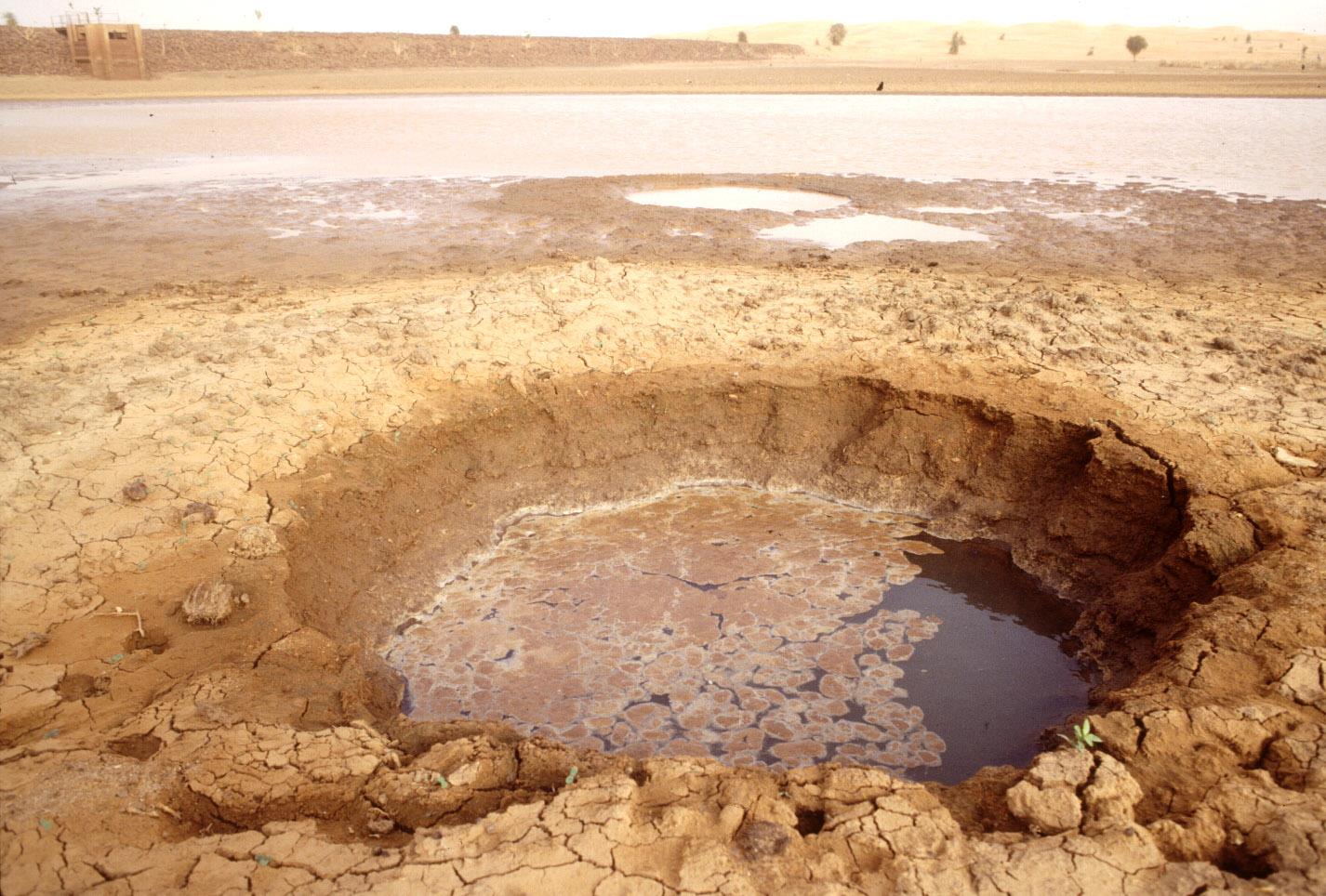Koronivia Joint Work on Agriculture workshop highlights climate action in Arab States

27 July 2020, Cairo, Egypt – The Food and Agriculture Organization (FAO), jointly with the League of Arab States (LAS) and in partnership with Economic and Social Commission for Western Asia (ESCWA), has hosted today a workshop to discuss the Koronivia Joint Work on Agriculture (KJWA) in the Arab region.
KJWA is a landmark decision that was reached at the UN Climate Conference (COP23) in 2017 on the next steps for agriculture within the United Nations Framework Convention on Climate Change (UNFCCC).
The decision officially acknowledges the significance of the agriculture sectors in adapting to and mitigating climate change while considering approaches to achieve food security. Under this landmark decision, countries agreed to work together to make sure that agricultural development ensures both increased food security in the face of climate change and a reduction in emissions.
“FAO has been historically supporting the region with regards to the impact of climate change on agriculture and promoting measures to face it. We are committed to supporting the development and implementation of the Koronivia Joint Work on Agriculture in the Arab region,” said Abdessalam Ould Ahmed, Assistant Director-General and Regional Representative for the Near East and North Africa region, in his opening remarks.
“Today’s workshop provides a platform for sharing on regional perspectives and issues related to agriculture and climate change negotiations. This is ever-important as the region is already one of the driest in the world and confronted with exacerbating water scarcity and climate change,” he added.
“In light of the partnership between the League of Arab States, FAO, ESCWA and other relevant organizations, this workshop aims to support Arab negotiators in the field of agriculture and in the exchange of experiences on the implementation and financing of climate action and adaptation to the repercussions of climate fluctuations and their effects on food security,” stated Dr. Mahmoud Fath-Allah, Director of the Department of Environmental, Meteorological Affairs in the Economic Sector at the League of Arab States, during the workshop.
The workshop builds on existing regional initiatives supporting Arab States in climate negotiations and implementation of climate actions. It also informed participants on the latest climate change assessments and global activities to bridge the science-policy interface. Attended by almost 70 agricultural experts from all over the region, the workshop aimed to facilitate increased coordination between countries and within ministries of countries to build a common understanding of regional positions and priorities.
“Negotiations should focus on supporting adaptation in the agricultural sector by finding clear funding mechanisms and transferring information and technology in line with the nature and needs of the Arab region,” said Roula Majdalani, Cluster Leader of the Climate Change and Natural Resources Sustainability at ESCWA, during her opening speech.
The joint work addresses six topics related to soils, nutrient use, water, livestock, methods for assessing adaptation, and the socio-economic and food security dimensions of climate change across the agricultural sectors.
The KJWA represents an important step forward in the negotiations on agriculture within the UNFCCC and emphasizes the importance of agriculture and food security in the climate change agenda. By mainstreaming agriculture into the UNFCCC processes, the KJWA can drive transformation in agricultural and food systems, and address the synergies and trade-offs between adaptation, mitigation and agricultural productivity.
In time, the KJWA could mobilize political will and commitment to provide targeted support to farmers on climate action in the agriculture sectors. Enhancing farmers’ knowledge on climate change and its impacts is an important first step. They need support to identify, select and apply locally-appropriate, sustainable management practices that help them build the resilience of their livelihoods.
The Koronivia decision resonates with FAO’s core mandate to eliminate hunger, food insecurity and malnutrition, reduce rural poverty, and make agriculture, forestry and fisheries more productive and sustainable.
